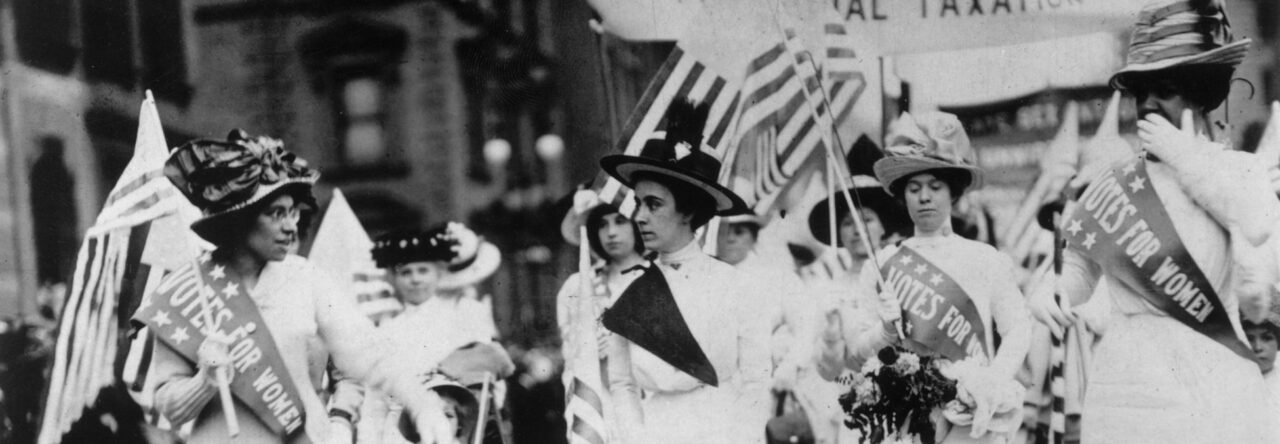The 1932 Presidential election marked the beginning of the FDR era and the end of a 12 year Republican reign in the White House. Although Michigan did not carry the most electoral votes, it had a symbolic significance in this election. “[S]ince Michigan was one of the most heavily urbanized states in a nation which had become increasingly urban in complexion, it was regarded as somewhat of a barometer of nationwide political sentiment.” Picture
From the formation of the Republican Party in 1854 to 1932, however, Michigan had consistently favored Republican candidates. In fact, Michigan had never even cast a plurality of popular votes for a Democrat before the 1932 election. Michigan was ripe for the taking though, as it was greatly impacted by the surge of national unemployment since 1929 as well as a loss of automobile sales (Michigan being the largest automobile producer) from 4,455,100 to 1,103,500 and a drop in value of automobile exports from $541,000,000 to $76,000,000. Michigan’s woes demonstrated that it could clearly benefit from a different perspective.
Roosevelt travelled to Detroit where he diagnosed the massive unemployment as a sickness. “[W]e have got beyond the point in modern civilization of merely trying to fight an epidemic of disease by taking care of the victims after they are stricken. We do that, but we must do more. We seek to prevent it,” Roosevelt stated. A way to treat this sickness, and prevent it in the future, was to employ men and women through Roosevelt’s social reforms that later became known as the New Deal. Michigan was an ideal patient for this plan with so many of its residents out of work and production at rock bottom.
President Hoover, however, attempted to use Roosevelt’s idealistic solutions against him at a speech in Detroit on October 22. “Hoover accused the Democratic challenger of suggesting that the federal government could provide jobs for the several million unemployed. Charging that Roosevelt’s remedy for unemployment was a ‘promise no government could fulfill,’ the President concluded that it was ‘utterly wrong to delude the suffering men and women with such assurances.” Hoover’s criticism did not end there for “[l]ate in the campaign, at a dramatic Madison Square Garden rally, [Hoover] likened [Roosevelt] to ‘a chameleon on scotch plaid. Hoover told MacLafferty ‘with a great deal of earnestness that he was convinced more and more that the thing…to do is to bring out clearly that Roosevelt is a “flutter-budget” and to ridicule his pretended stand on different subjects and what his exact program is on different things.”
Despite these insults, Roosevelt was able to secure 50 of Michigan’s 83 counties and turn a 1928 Democratic deficit of 488,634 into a 1932 surplus of 131,806. Roosevelt was able to shift deeply rooted Republic tradition in Michigan to his favor, much the same way he was able to redirect the nation’s past Republican leanings: he identified devastated economic conditions and proposed a solution that was desperately needed.


Leave a Reply
You must be logged in to post a comment.